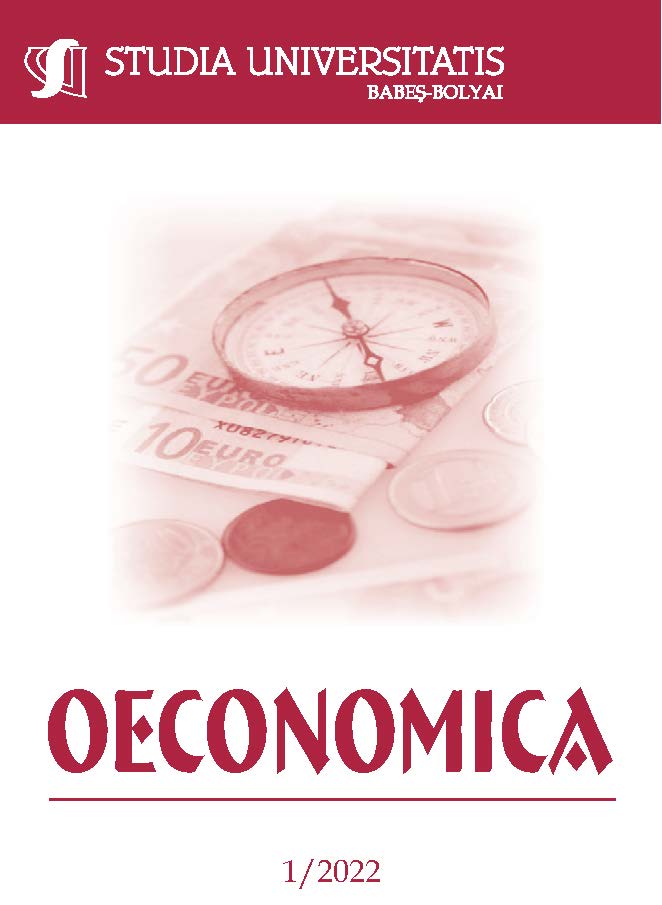HUMAN CAPITAL DEVELOPMENT AND SUSTAINABLE DEVELOPMENT: EVIDENCE FROM NIGERIA
HUMAN CAPITAL DEVELOPMENT AND SUSTAINABLE DEVELOPMENT: EVIDENCE FROM NIGERIA
Author(s): Johnson Kolawole Olowookere, Wahid Damilola Olanipekun, Gbenro Matthew Sokunbi, Timothy Ayomitunde AderemiSubject(s): National Economy, Human Resources in Economy, Socio-Economic Research
Published by: Studia Universitatis Babes-Bolyai
Keywords: Human Capital Development; Poverty Reduction; SDGs; FMOLS; Nigeria;
Summary/Abstract: The contributions of human capital development in achieving the sustainable development cannot be overemphasized in any economy, this is because investment in education and health has been argued as the strategic impetus for improving the quality of human resources. Against this backdrop, this study investigates the impact of human capital development on the sustainable development goal one (1) – poverty reduction. The study utilizes the Nigerian data combining Johansen Cointegration test, Granger causality test and Fully Modified Least Squares to establish how public investments in both education and health affect poverty reduction in the country between 1981 and 2019. Originating from the findings of this study, both government expenditure on health and capital formation Granger caused poverty reduction in Nigeria. This is a vital signal that human capital development in the form of investment in health of human resources is an important condition for the achievement of the sustainable development goal one (1) – poverty eradication in Nigeria. Similarly, all the selected components of human capital development have positive contributions to poverty reduction in Nigeria. However, the contributions of health expenditures and capital formation are statistically significant. This implies that health expenditures and capital formation have a trickle-down effect on poverty reduction in Nigeria. Therefore, this study recommends the following: any time the Nigerian policymakers want to achieve the sustainable development goal one (1) – poverty reduction, the Nigerian budgetary allocations to education and health sectors should be in tandem with the global benchmark; this would ensure material and human resources that could drive the country towards the sustainable development. The enhancement of educational and health facilities by the policymakers would also bring about improvement in the living standard of the Nigerians.
Journal: Studia Universitatis Babes Bolyai - Oeconomica
- Issue Year: 67/2022
- Issue No: 1
- Page Range: 63-76
- Page Count: 14
- Language: English

